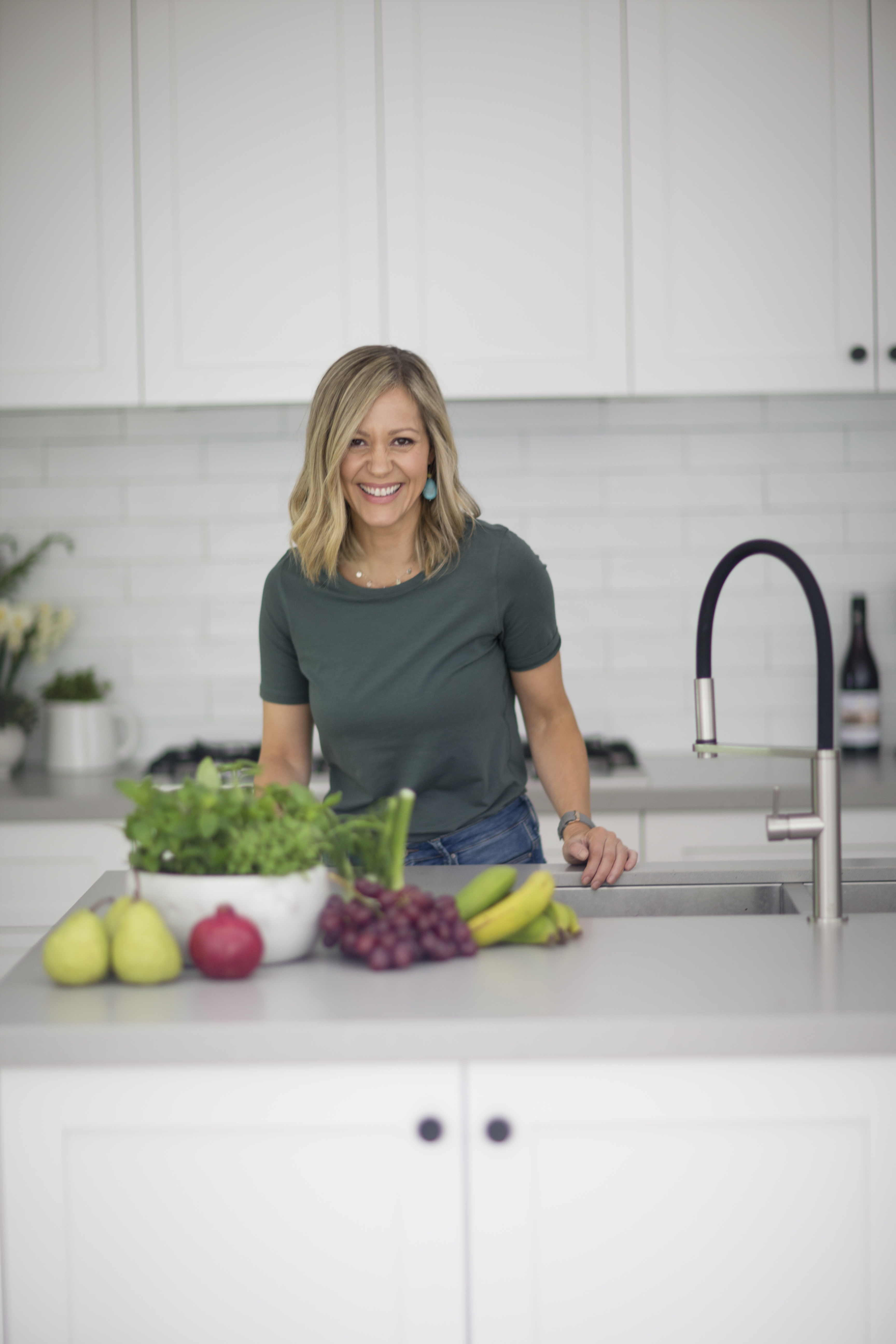The Hippocratic oath in natural medicine states ‘first do no harm.’ This is what we live by as practitioners. My message is this. Be very careful when taking nutrition advice.
The industry is operating at a dangerously superficial level.
The marketing is intense. Corruption over shadows it all.
Even well meaning high profile and seemingly ‘holistic’ practitioners are contributing to the widespread harm.
We have arrived at an unhealthy acceptance of the term ‘weight loss’ in our culture. It is every day contributing to an epidemic of eating disorders, and all the pain that goes with not feeling we are good enough.
I personally get a little fired up when I see weight loss programs splashing fancy book titles and headlining holistic health tours. It’s what sells, and it’s sadly what we expect.
This cracks open a whole conversation about women (and men) & our self worth – and how to survive the bombardment of messages flung at us – but let’s leave that for another day.
I’d like to discuss these 5 ways Nutrition Experts are Causing Harm. And please note many professionals are not aware that this is what is happening, it is often out of view and was taught by other ‘experts’. It is part of our culture.
# 1. Selling ‘weight loss’ as enticement – This goal sends a message that there’s something wrong with our bodies and that food is to be feared. This is the beginning of an eating disorder. Diet culture robs us of all confidence.
#2. Saying ‘It’s calories in, calories out’ – The calorie model is outdated and frankly it hasn’t worked. We are more unhealthy and overweight than ever. Beyond this, food is full of messages that wire our chemistry. Our metabolism needs to heal and then it will burn fuel efficiently.
#3. Telling people they should eat less – This idea of making ourselves and our food portions smaller is the ultimate hi-jacking of our power. Be a rebel. Eat to be satisfied. Connect to food as an abundance, not something to control.
#4. Showing off their own ‘bikini bodies’ – It’s the ultimate shiny bait-hook. Models. Good looks. Stop. So you’re telling me if I eat like them?….No. No two bodies are the same and you cannot eat what someone else eats and suddenly look like them. This comparison game is going to eat away your confidence. Walk away.
#5. Shaming people for emotional eating – Food is like any substance that makes us temporarily feel good. But like everything we use to ‘numb us’ those feelings don’t go away, they just get masked. Be honest about your relationship with food. Develop awareness, self reflect. But hell yeah, lean in to food for some comfort food now and then. You. Are. Human.
When you are looking to understand food, I don’t want to discourage you, please learn about it. But proceed with caution. Trust your own intuition. Do not let any ‘authorities’ make you feel less than, and do not buy into this scam.
Marketers know that people who feel ‘less than’ will buy more.
Turn away from this greed, and turn towards YOU.
With love.


